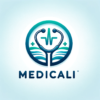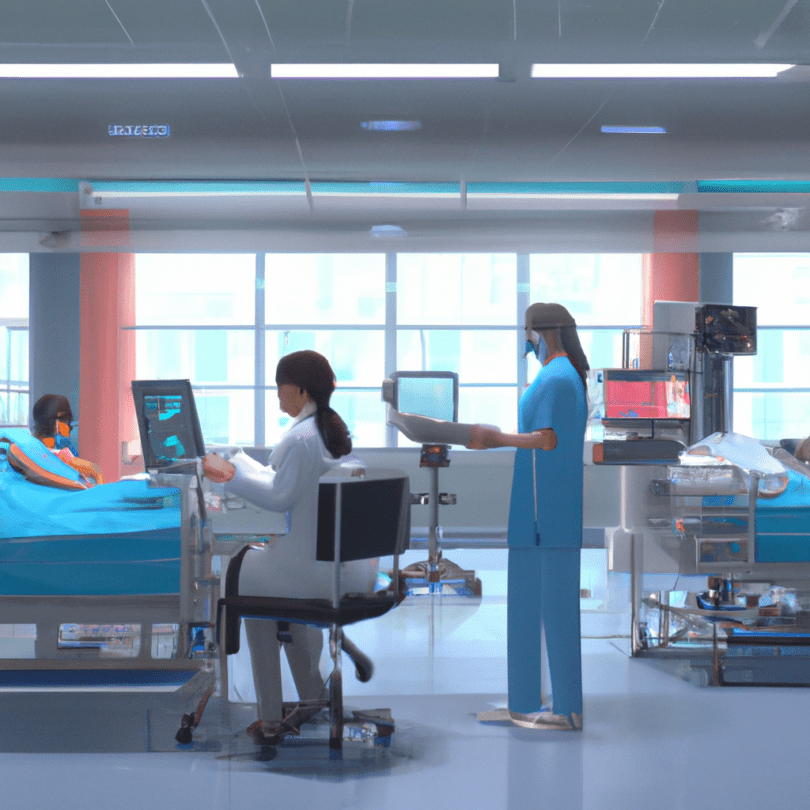Innovations in healthcare technology continue to push boundaries and revolutionize the way we approach medical diagnostics. Among these advancements, artificial intelligence (AI) has emerged as a powerful tool that holds immense potential for unlocking the future of healthcare decision-making. By leveraging AI-powered diagnostics, healthcare professionals can benefit from accelerated and accurate analyses, leading to more timely and precise treatment plans. In this blog post, we will explore how AI is transforming the healthcare industry and the tremendous benefits it brings.
One of the primary challenges in healthcare is the complexity and vastness of medical data. AI algorithms have the ability to process and analyze large datasets with incredible speed, enabling healthcare providers to make informed decisions rapidly. This efficiency not only enhances patient care but also helps save valuable time and resources. By automating diagnostic processes, AI eliminates potential human errors and enables doctors to focus on interpreting results and providing personalized care to patients.
The impact of AI-powered diagnostics goes beyond just speed and accuracy. AI algorithms can detect patterns and correlations within medical data that might otherwise go unnoticed by human eyes. By analyzing vast amounts of data from diverse sources, including medical records, patient history, and clinical studies, AI can identify hidden connections and risk factors that may contribute to disease development or progression. This newfound knowledge allows healthcare professionals to tailor treatment plans more precisely, improving patient outcomes and potentially preventing future complications.
Furthermore, AI can assist in the early detection of diseases, playing a crucial role in proactive healthcare. By mining large datasets and comparing a patient’s data to an abundance of historical data, AI algorithms can identify early warning signs, even when symptoms might not be apparent. By catching diseases at their earliest stages, healthcare providers can intervene and implement treatment plans promptly, leading to better prognoses and potentially saving lives.
Another exciting aspect of AI-powered diagnostics is its ability to continuously learn and adapt. As AI algorithms analyze more data and accumulate more experience, they refine their abilities and become increasingly accurate. This continuous learning process allows for more precise diagnostic results, enabling doctors to stay up-to-date with the latest advancements in medical knowledge.
However, as with any emerging technology, AI-powered diagnostics also raises ethical and privacy concerns. Ensuring patient data security, transparency in algorithm development, and accountability are important considerations that need to be addressed. Healthcare providers and technology developers must work hand in hand to establish frameworks and guidelines that prioritize patient privacy and protect against potential biases or misuse of AI.
In conclusion, AI-powered diagnostics have the potential to revolutionize healthcare decision-making by improving speed, accuracy, and personalized treatment plans. Through the analysis of large datasets and the detection of hidden connections, AI algorithms can accelerate disease detection, optimize treatment strategies, and ultimately improve patient outcomes. While challenges and ethical considerations are present, the benefits of AI in healthcare are vast, signaling an exciting future where technology and medicine converge to deliver more effective healthcare solutions.

